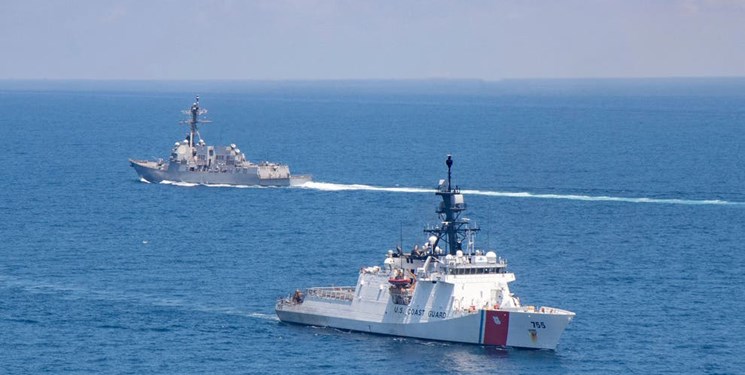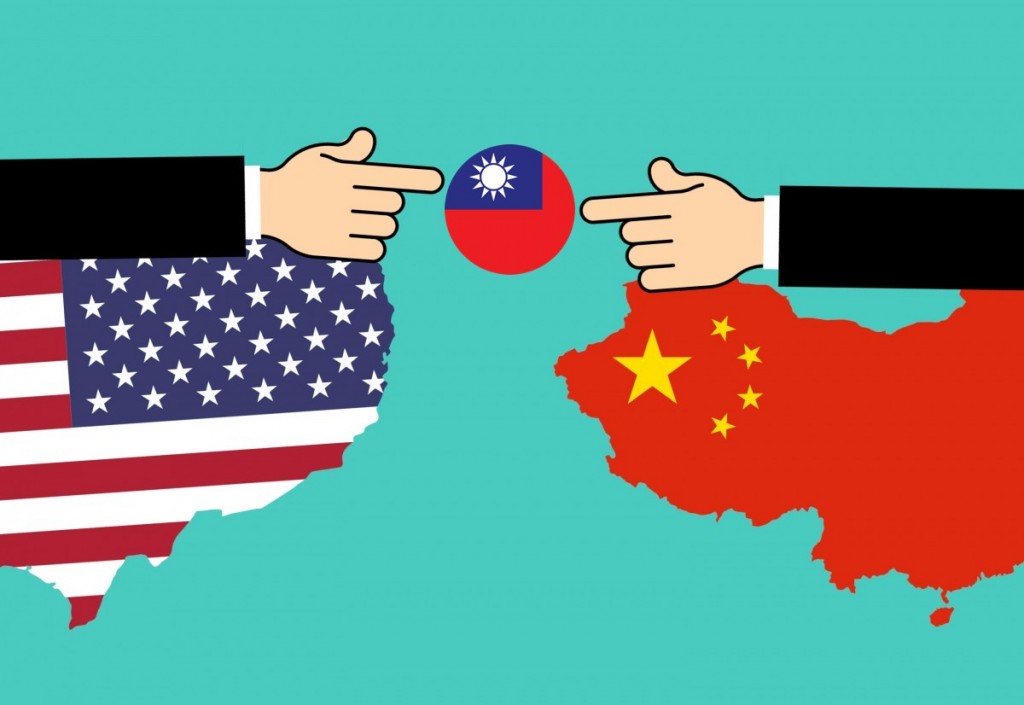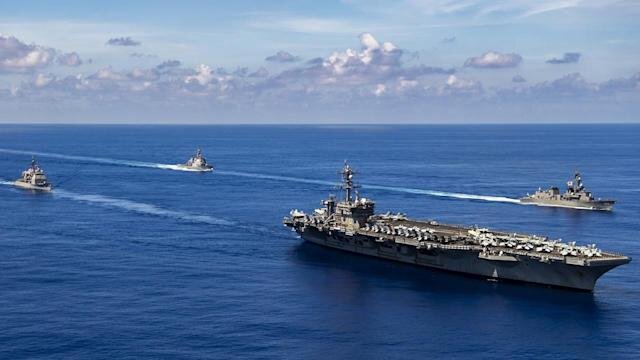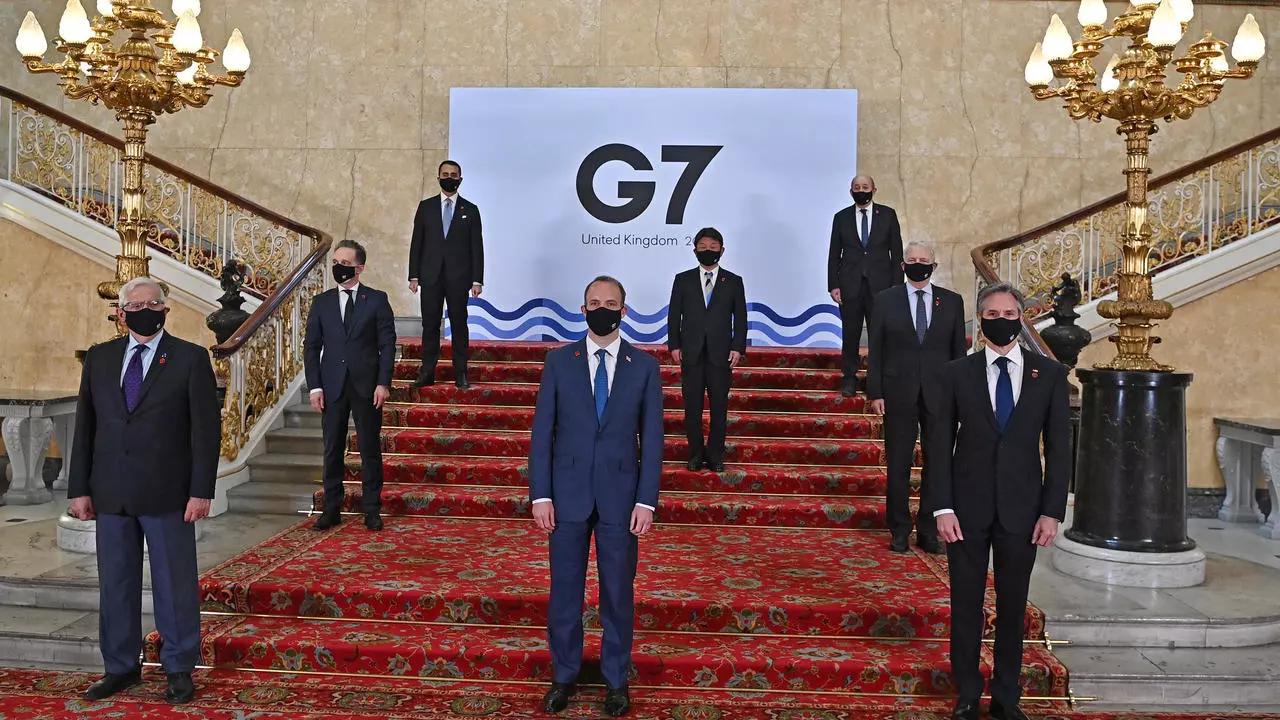Perspective of Relations between Kurdistan Regional Government and Baghdad
Strategic Council Online – Interview: An expert on Iraq issues said: As Turkey gets closer to the central government of Iraq, the Kurdistan Regional Government (KRG) should overlook many of its claims about its autonomy in the future and will become more dependent on the central government.












